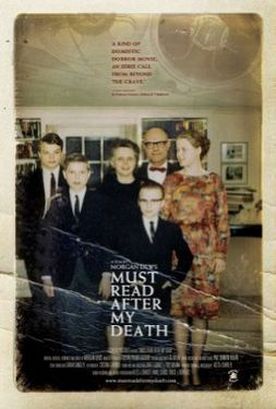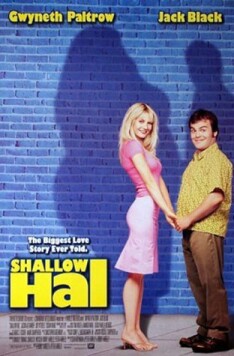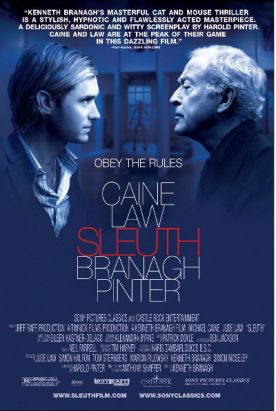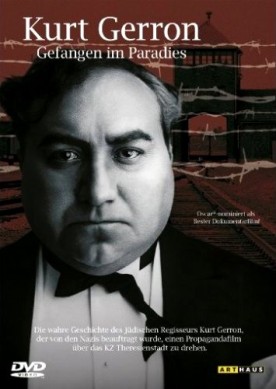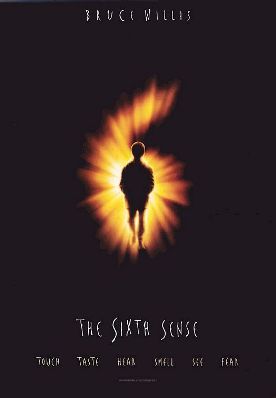Unbreakable
The hallmark of what is becoming the M. Night Shyamalan franchise is a movie starring Bruce Willis and a remarkable boy, set in Philadelphia with supernatural overtones and a surprise ending. The Sixth Sense (1999) may have sold more tickets on the strength of the mystery of its ending than any film since Psycho. So, along with the other elements mentioned above, there is in Mr. Shyamalan’s latest effort, called Unbreakable, another surprise ending. At least it was, like that of The Sixth Sense, a surprise to me. Perhaps I am rather easily fooled. Perhaps that is why I put the surprise of the ending pretty far down on my list of criteria of quality film-making. But where the ending of The Sixth Sense was of the very essence of the film, that of Unbreakable, although it is quite elegantly and persuasively contrived, is rather an excrescence. You can explain everything essential about the movie without revealing it. And, once revealed, it does not retrospectively make the idea behind the picture any better.
This is as follows. David Dunn (Bruce Willis), a depressed security guard in a troubled marriage, is the sole survivor of a horrific train-wreck. A strange man called Elijah Price (Samuel L. Jackson), a dealer in comic book art, approaches him to propose an explanation for his miraculous survival. This is that he is literally indestructible, intended by fate to be invulnerable not only to accident but to disease (and also the infirmities of old age?) so as to act as a protector to those who are, unlike him, weak and vulnerable. In short, he is a comic book super-hero come to life. We learn, that he has other super-powers besides his indestructibility. He finds in a comic scene of weightlifting that he is much stronger than he himself ever suspected he was, and he can find weapons by telepathy. He even has the comic book hero’s one weakness. Since his only injury or sickness came when he almost drowned as a child, Price, who is excitedly figuring all this out first, concludes that his weakness is water. “Water is your kryptonite,” he tells him.
Price is so interested in this, and in comics partly because he is the opposite of “unbreakable” himself. He suffers from a rare disease which makes his bones as brittle as glass. In fact, as a child he was called by his school-fellows “Mr Glass.” Having been laid up with broken limbs through much of his childhood, he had spent a large amount of time reading comic books. Now, in adulthood, he is a connoisseur not only of comic-book art but of comic-book ideas. Dunn at first meets his attempts to persuade him of his own super-powers with incredulity and hostility, but his young son, Joseph (Spencer Treat Clark ), is an immediate convert to the idea and soon has both his father and us persuaded of it. At the film’s climax, Dunn actually goes forth to do a good deed, super-hero style, by rescuing a family which is being terrorized by a maniac whom he has discovered by using his rapidly developing telepathic powers.
Somewhat surprisingly there is a lot to like in this movie. The scene I liked best comes at breakfast one morning when Joseph, in order to prove to his father once and for all that what Mr Price says about him is true, holds a gun on him, claiming that even if he shoots him he can suffer no harm. At first Dunn and his terrified wife, Audrey (Robin Wright Penn) try to reason with the boy. He is not a superhero and can be hurt or killed by the bullets the same as anyone else. Naturally the boy is unconvinced. Finally, his father tells him, yes, the bullets will bounce off him, just as they would off Superman, but that if he pulls the trigger he, dad, will leave Joseph and his mother and move to New York, a move which has been mooted seriously in the past and was, in fact, the reason for his having been on the fatal train. The boy, more terrified of his father leaving than of killing him, puts the gun down.
At certain moments like this, the intersection between psycho-social reality and fantasy begins to become interesting. A young boy’s natural wish to see his father as a hero combines weirdly and originally with the juvenile penchant for comic-book style fantasy. I am also inclined to look sympathetically on the implicit idea that the believing in a hero, both by the hero himself and by others, is what makes him a hero. But the comic-book elements are finally just too much for me. The whole point about the lurid fantasies of the comic-book super-heroes is that they are safely and permanently insulated from any contact with reality. That’s why kids like them and why adults who have outgrown them don’t like them.
Of course there are a lot of adults these days who haven’t outgrown them and will appreciate Shyamalan’s witty playing-off the comic-book conventions. But what is it all for? Shyamalan’s own attitude to the comic-book hero seems to be that of someone engaged in the rather cartoonish enterprise of making motion pictures — someone for whom the comic-book super-hero is a work of art so compelling that, Pygmalion-like, he cannot resist attempting to imbue one of these creations with real life, or the life of reality. This he does with great cleverness and impressive attention to the film-maker’s arts, but the end-product can only be interesting to children, or to childish sensibilities. Not that, in today’s movie market, there’s anything wrong with that! It’s not even unusual. It’s just that one might have hoped for something better to have been built on the success of The Sixth Sense.
Discover more from James Bowman
Subscribe to get the latest posts to your email.



